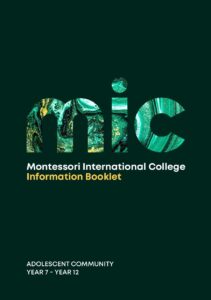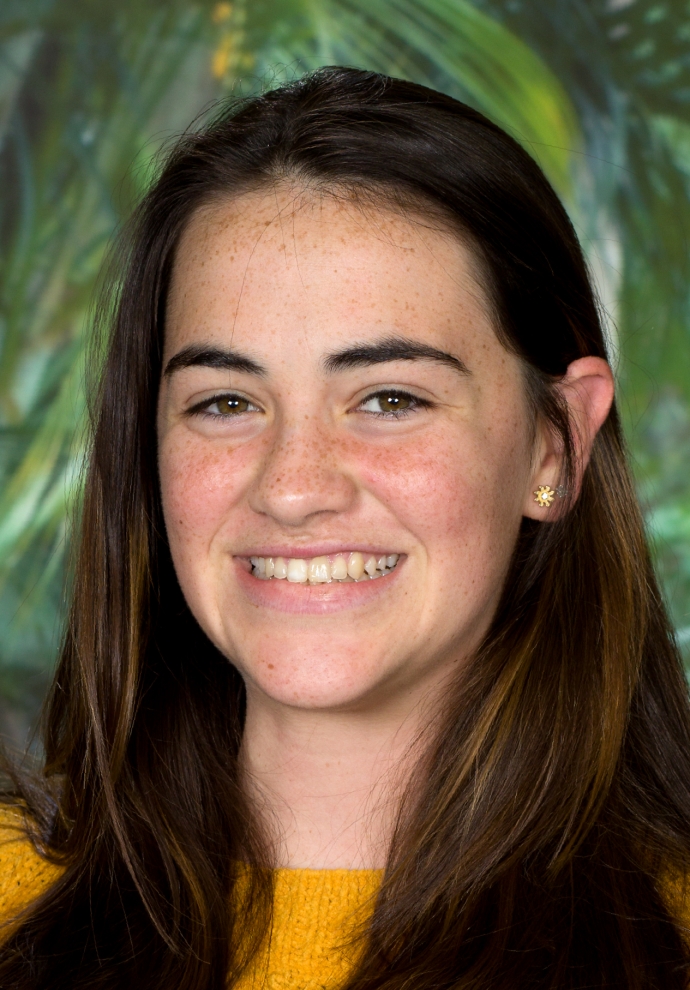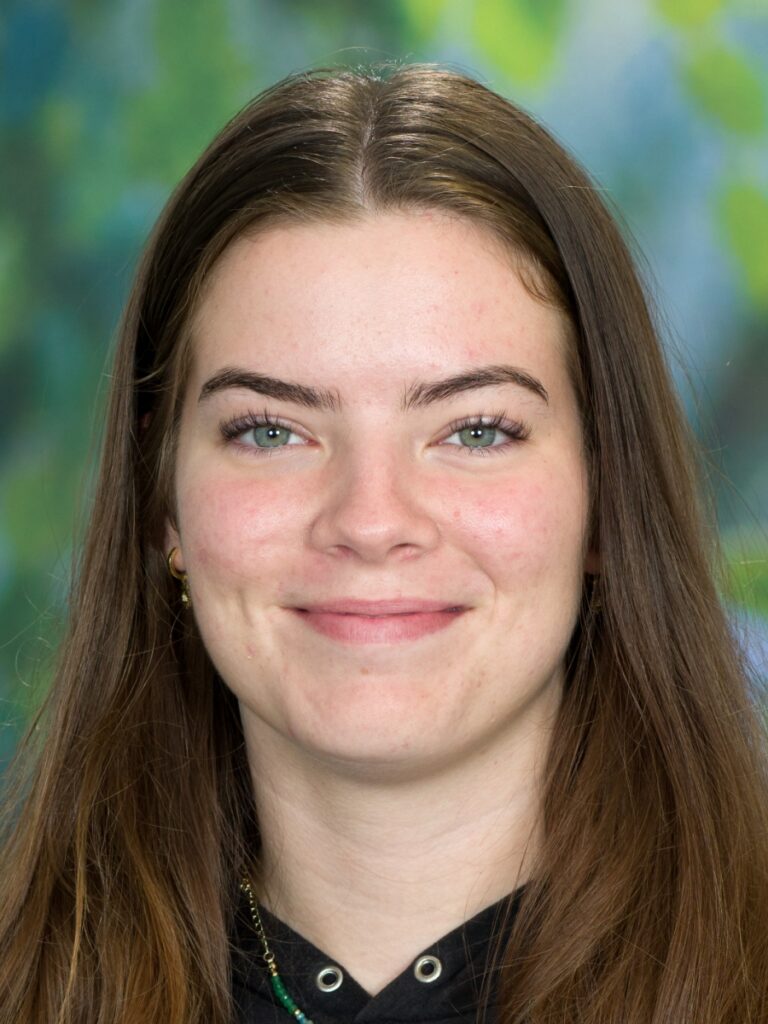Welcome to all of our current Year 6 families who will be joining the Adolescent Community at MIC in 2025.
The transition from Year 6 in Senior Primary to Year 7 in the Adolescent Community is a big one! We have developed this page to help Year 6 families as they embark on a new adventure – from childhood into the adolescent years.
Please take the time to watch these videos, taking notes and writing down questions as you go. It’s a lot to take in! We look forward to receiving your questions via the form at the bottom of this page – your question (and the answer) will then be added to our Frequently Asked Questions so other families can see it as well.
All of the Adolescent Community staff wish our Year 6 families all the best during this transition and look forward to welcoming the new Year 7 students to Transition Week in the final week of Term 4.
Adolescents Information Booklet

As a starting point for families transitioning into the Adolescent Community, this Information Booklet explains the integrated curriculum and the topic themes for each couplet, the Montessori principles embedded throughout the Year 7-12 program, an overview of the curriculum, and an explanation of how the evaluation portfolio works.
Adolescents in Action
Each year we hold our Adolescents in Action open morning, an event designed exclusively for our current MIC Early Learning and Primary families so they can come along and discover more about our high school program. Our next Adolescent in Action morning will be held on Friday, 6 June 2025.
Adolescent Development
In this video Assistant Principal, Larissa Rook, explains the changes between childhood and adolescence and how the MIC Adolescent Community meets their developmental needs.
A summary transcript of this Adolescent Development video is available here.
The Integrated Curriculum
In this video Sarah Thompson, Adolescent Guide, gives a clear overview of the integration of subjects and topics across the Adolescent Community curriculum, explaining that although the delivery may look different, students still cover all aspects of the content in the Australian Curriculum.
A summary transcript of this Integrated Curriculum video is available here.
Land and Community Program Specifics
In this video Sarah Thompson, Adolescent Guide, gives an overview of the specifics of the Land and Community Program (Years 7 and 8) at MIC.
Community Life and Micro economy
In this video Caley Roe, Adolescent Guide, gives an overview of two elements that are common across all three couplets – Community Life and Micro-economy.
Clubs & Teams and Extended Day
In this video, Caley Roe, Adolescent Guide, explains the purpose of the Clubs and Teams program and provides an overview of potential clubs and teams. Caley also explains the value of the extended day program.
How to use Google Classroom
This video provides parents with a step-by-step overview of how to use Google Classroom.

“MIC doesn’t only have great teachers that walk you through your struggles academically, but they genuinely care about your overall wellbeing. Teachers aren’t only your teachers, they are peers that have your best intentions at heart and gently push you to become high achieving individuals.”
– Abbie, MIC Alumni

“I really appreciate the independence we are given, as well as the trust from the teachers that they know we will come to them for support when it’s needed. The relationships we have with the teachers is something that I will forever be grateful for.”
– Sophia, MIC Alumni
Downloads & Further Information
Click on any of the below resources to get more information.
Frequently Asked Questions
How much homework is there in Year 7 at MIC?
In the Land and Community Program, it is expected that students will have regular homework to complete. The amount of time devoted to homework and independent study will vary according to the student’s learning needs, assessment requirements, and each student’s program of learning.
Is the work significantly more difficult in Year 7 than Year 6?
The continuum of education at MIC ensures a smooth transition between cohorts with new concepts always building upon previous learning and knowledge. Year 7 students generally find the transition from Senior Primary to Adolescence an exciting change, and with this excitement comes a little bit of nervousness. Unlike Senior Primary, adolescents move from class to class and with this new developmental stage, young adolescents are asked to take more ownership over their education with continuous support from their Guides as well as family.
How does the Year 7 timetable work?
Year 7 students will be put into key lesson groups with a mixture of peers from the different advisories. These groups will change each term, allowing them to share key lessons with all of their peers. Here is a link to an example timetable for your review.
As this is a new level of responsibility, Year 7 students are supported by their Guides to follow their timetable, as it requires them to relocate to different classrooms for each lesson.
Is there a recommended laptop and minimum software requirement? Are students to have this for transition week or not until next year?
MIC is a Bring Your Own Device (BYOD) school in the Adolescent Community which means that each student is required to bring their own laptop. This document details the technology requirements, at both a minimum and a recommended level. This laptop is required for the start of the school year. While it would be beneficial for students to bring their laptop during transition week, it is not necessary as the school has devices including chrome books which students can use during that week if necessary.
Are there lockers in high school? How does that work?
Yes, there are lockers in high school and most students use their locker to store their belongings during the day so that students only need to take with them what is needed for a particular lesson. The lockers are centrally located and easily accessible during the school day.
Are students expected to take their computer to every lesson?
Yes, in the Adolescent Community it is advisable for students to take their laptop to all of the morning key lessons. Laptops can be stored in lockers in the afternoons however as they are not required for the Practical Work lessons.
Do students get to choose their subjects in Year 7?
No, while students have the freedom to choose how they undertake a project or piece of work, the subjects are set in Year 7. Students can begin to choose their preferred subjects from Year 11.
Is there a balance between holistic growth and intellectual growth? Is as much emphasis placed on commitment to studies as there is on a commitment to self-growth?
There is a balanced approach to academic studies and personal, holistic growth of the individual. There are many opportunities for personal growth built into the curriculum with a strong emphasis on the progression of growth and leadership opportunities.
For example, in Clubs and Teams, younger adolescents in Year 7 and Year 8 participate, while students in Years 9 and 10 design the program and lead the groups, and in Years 11 and 12, students can run their own Montessori+ program and even earn a part-time salary.
In the micro-economies, students are an ’employee’ in Year 7 and Year 8, they are a ‘manager’ in Year 9 and Year 10, and assume the role of ‘CEO’ in Year 11 and Year 12.
What classes are on offer?
All of the usual subjects are taught in the Adolescent Community, but they are taught in an integrated, hands-on way. In Year 7, students will study english, maths, science, history, geography, civics and citizenship, economics and business, technology, the arts, and health and physical education.
Even though subjects are taught in a hands-on, Montessori way, the curriculum has been cross-referenced to the Australian Curriculum to ensure it ticks every box. For more on this see the Integrated Curriculum video above.
How are children assessed? Are exams part of the picture?
In the 7/8 and 9/10 couplets, assessment is both formative (informal and in real-time) as well as summative (based on work submitted). Students build a portfolio of work over the year and they receive ongoing feedback from Guides so they have the opportunity to improve what they have submitted if they choose to.
Students then ”present” their work at the end of the year to parents, teachers and peers.
Grades are given each semester for each subject based on a 5-point scale as per QCAA guidelines, however a stronger focus is on the continuous feedback students receive from their Guides.
Is there class times/lesson times or is it still a morning work period/afternoon work period as it is in Primary?
In the Adolescent Community students follow a timetable with set lesson times, which is an adjustment to what students are used to in Primary. However, set lesson times do begin to be in place increasingly in Senior Primary ensuring a smooth transition for Year 7 students.
Although lesson times follow the timetable, there is time each day for independent work as well as time each week for Community Projects, Micro-economies, Clubs and Teams and Community Projects – as well as a longer Advisory session on Fridays so there is still quite a bit of time away from ”set lessons” each week.
How structured is the curriculum? Is it as self-led as the primary years?
While the timetable is set and subjects are also set in Year 7, work undertaken is very much self-led. Key lessons in the morning cover specific topics and learning outcomes, however each student has agency in choosing how they use what they have learned during Practical Work lessons outside in the environment in the afternoons.
Is there work that is set specifically for homework? Or is it just getting work and assignments done at home that hasn’t been completed at school?
Generally, work isn’t set for home specifically. Any work that is required to be completed at home is work and assignments that have been set and are due – students can complete this work at school during class time or individual free time, or at home.
Are students allowed to use the volleyball nets and soccer goals at lunchtime?
Yes, students can use these when they are outside for their break.
Do students get to choose to have their friends in their Advisory Group?
A number of factors are taken into consideration when allocating students to Advisory Groups, including existing friendships. However, this can also be an opportunity to make new friends. It’s important to remember that the Adolescent Community is quite different to Senior Primary in that students don’t learn with the same group all day. In the Adolescent Community, students move to different classrooms for different subjects, and the students in each class will be different as well. Even if a close friend in Year 7 or 8 isn’t in your Advisory Group, there will be ample opportunities to learn and socialise with that friend throughout the day.
Have a Question?
Ask below and we’ll get back you asap.